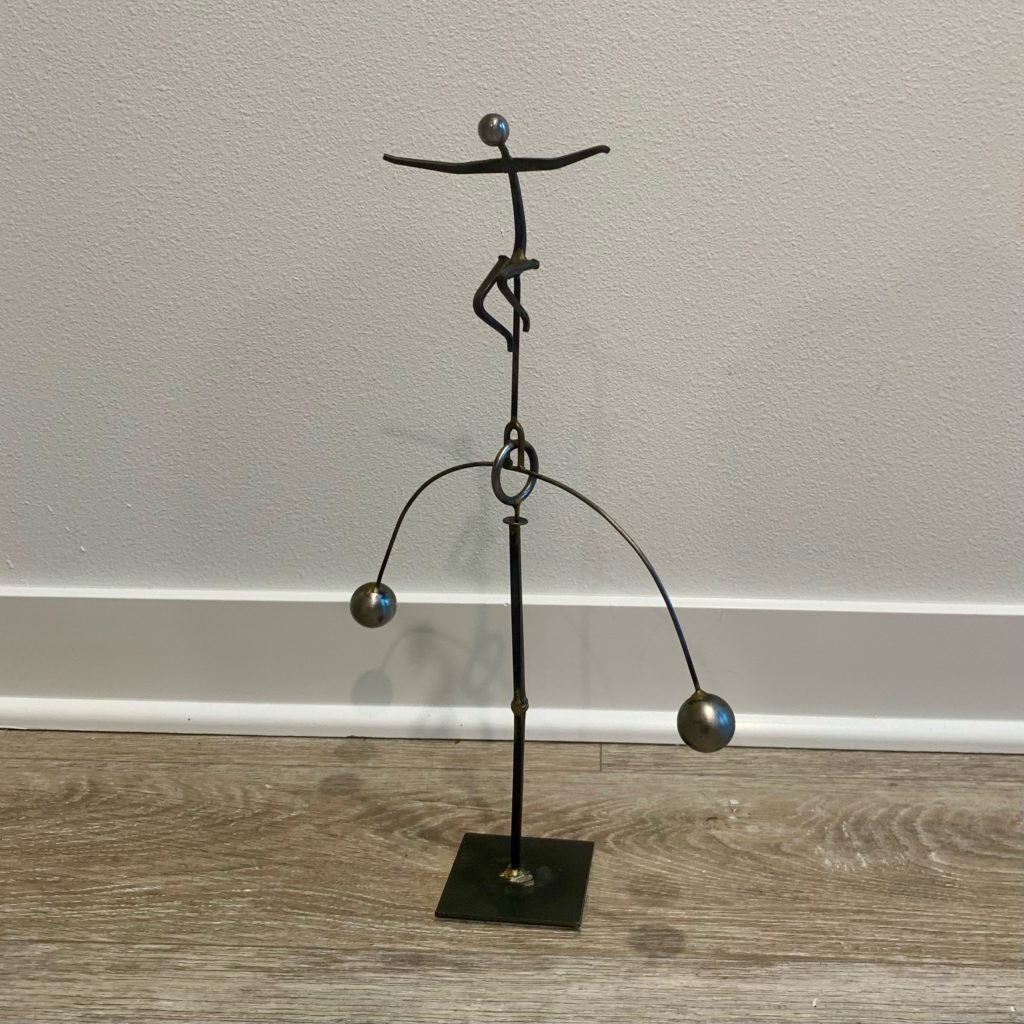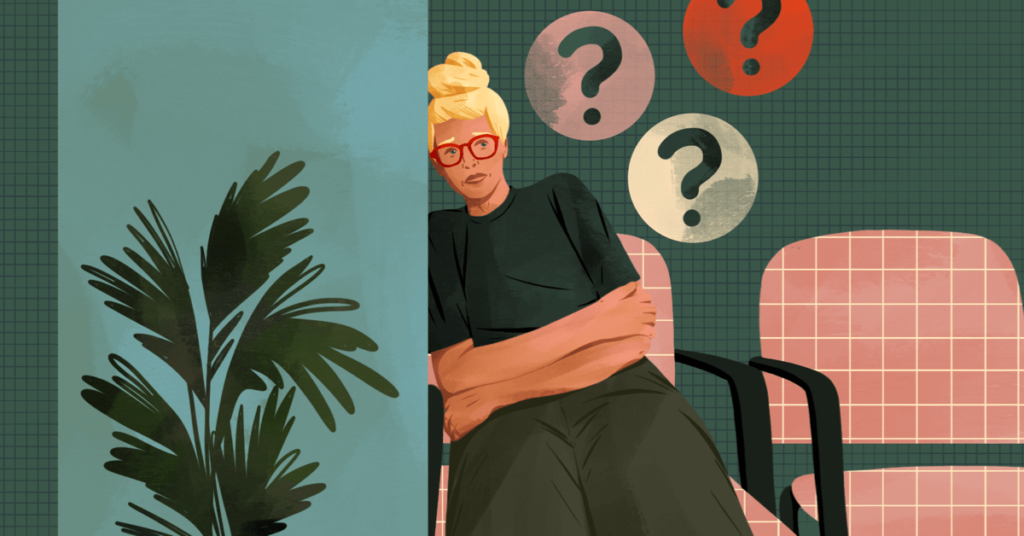Learning how to live with MS takes time. Only through experience can someone learn which things in their environment trigger an MS flare. Many of these triggers can come as a total surprise.
To find out more about your experiences, we reached out on the MultipleSclerosis.net Facebook page and asked the community to fill in the blank: “I was surprised that ______ causes my multiple sclerosis to flare.”
More than 400 people responded. Here is what they shared.
Continue reading








